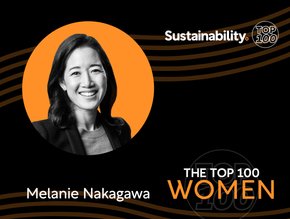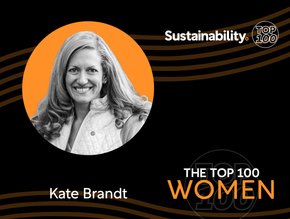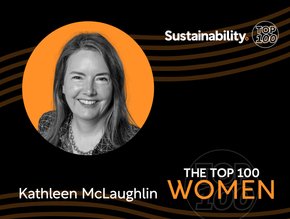A diverse business is a good business

The previous presidential administration saw to it that the US Supreme Court took a hard turn to the right, thereby making it poised to upend decades of social progression. The fight over women’s reproductive rights – which lit up newspaper headlines last spring – is one of the bi-products of this shift. An issue on the docket for this spring that’s already getting headlines is affirmative action.
The term ‘affirmative action’ was first used during the Kennedy Administration and, over the years, it became a beacon – first in America and later in other parts of the developed world – for those who would like to see a more equitable society. The idea is that you give an advantage in hiring (or school acceptance) to those either from an economically disadvantaged or who come from marginalised racial or religious backgrounds that, historically, have experienced discrimination. If you set quotas of inclusion, the theory goes, eventually, the disadvantaged groups will catch up and we will be living in a society of parity.
Objectors to this method say that it gives an undue advantage to minorities and runs the risk of being superficial, rewarding people for their background circumstances and not the actual substance of their talent. This is the objection currently working its way through the Supreme Court: both Harvard and the University of North Carolina are being sued by Students for Fair Admissions, an anti-affirmative action organisation. The suit claims that, by preferring Black, Hispanic and Native American students, the universities were discriminating against white and Asian students. With the right wing in control of the court, the decision is expected to go against affirmative action protocol.
This, though, is the world of education. How about the real world? Federal employers in the United States must abide by affirmative action laws, but in the private sector, hiring policies are left to the discretion of the employer, raising the question: how does one maintain a diverse workplace?
Lisa Maynard-Atem is the Marketing and Inclusion Director at Acacia Training, an education provider out of the United Kingdom. In her work there, she is tasked with ensuring that the workplace is diverse and inclusive. She is also on the Board of Directors of the Black United Representation Network, an organisation that seeks to empower the Black community.
In Marnard-Atem’s humble opinion, government oversight is not the answer – saying as much to Sustainability Magazine: “Is this something the company itself has to implement? I do not believe that any individual or organisation should rely on government, lawmakers, or policies when it comes to standards relating to diversity and inclusion. We all have a responsibility to hold ourselves, our communities, and the companies we represent to the highest standards in this area.”
It falls on the companies, she maintains: “Companies should ensure that they have clear guidelines and policies that every single person working for them adheres to. They should be working hard to weave inclusivity into their culture with the goal of it becoming the norm rather than the exception.”
How can companies be trusted to do this? The aforementioned Black United Representation Network provides an answer: this group and others like it, which focus on the economic and social empowerment of the Black community, “are perfectly placed and equipped to help organisations embed the necessary measures around diversity and inclusion, particularly at a leadership level”, going on to state that “the top tables are where decisions are made that will impact the wider community of the organisation, so it is imperative that the powers that be are fully on board”.
A diversity of opinions
One must not approach this process as though they were just ticking a box, though. Some would argue that a healthily diverse workforce is the sign of a good, well-managed company.
Rockborne is a data consultancy based in London. Its CEO, Waseem Ali, told me that, currently, “despite best intentions, approaches to diversity and inclusion too often take the form of benchmarks to hit simply so they can be displayed on a website.”
“Companies need to turn this on its head and instead focus on attracting people of a diverse background – whether that’s gender, ethnicity or schooling – because of the value they will add. What we’re talking about is bringing the best talent into an industry.”
A diversity in talent and backgrounds leads to a diversity of thought, something that any company can use. Ali noted: “It is common knowledge that diverse workforces are the most successful; any industry is made richer by diversity of thought. Without including varied perspectives in your senior teams, as an example, you’ll likely be making business decisions that do not consider the views of certain groups of individuals – which is ultimately bad for business.”
Marnard-Atem at Acacia agrees: “There are so many benefits – diversity of thought, ideas, and experiences as a means of inclusive decision making, which leads to a range of positive outcomes for the wider workforce. There is also the inspirational aspect in terms of visibility and representation. When you see someone that looks like you occupying a particular space, it motivates you and feeds the belief that you too can occupy that space one day.”
One of the ironclad laws of capitalism is to act in your own self-interest, seeking an improved bottom line above all. Having a varied workforce provides a path to that better performance and, therefore, it is in the interest of all businesses to ensure that they set – and meet – high standards of inclusivity and diversity.






